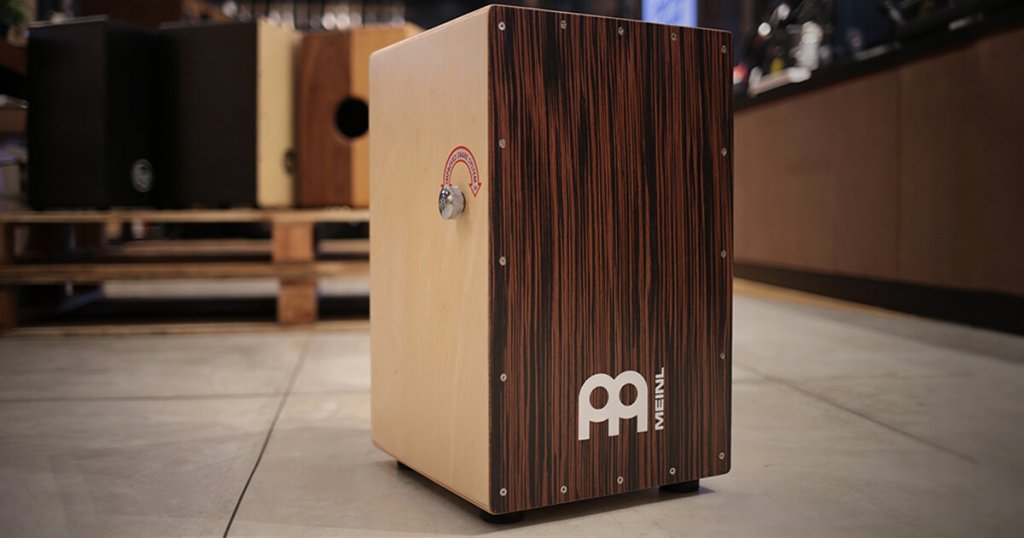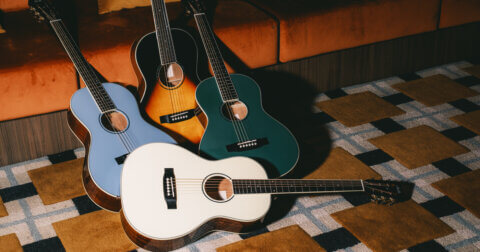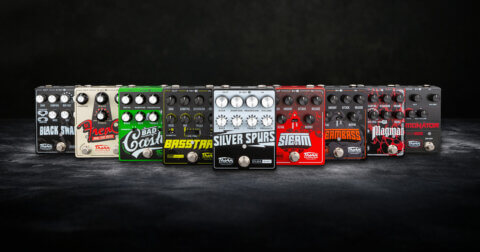What’s not to love about the cajon? They’re affordable, accessible, portable, versatile and most of all, a lot of fun. You don’t need to be an expert drummer or musician to be able to play one. It’s actually simpler than you think if you’re looking to jam along with your favourite songs.
The popular world of the cajon can be a little overwhelming, and choosing the right one can get tricky, especially since we just want to get down to hand drumming, pronto. So here’s a rundown on what you should be looking out for when purchasing one.
Types of Cajons
Cajons are a lot more than just six-sided hollow boxes. Since their humble beginnings, additions like guitar strings, snare wires and even bells have found their way onto them. Here are some of the common types you’ll find.
Peruvian
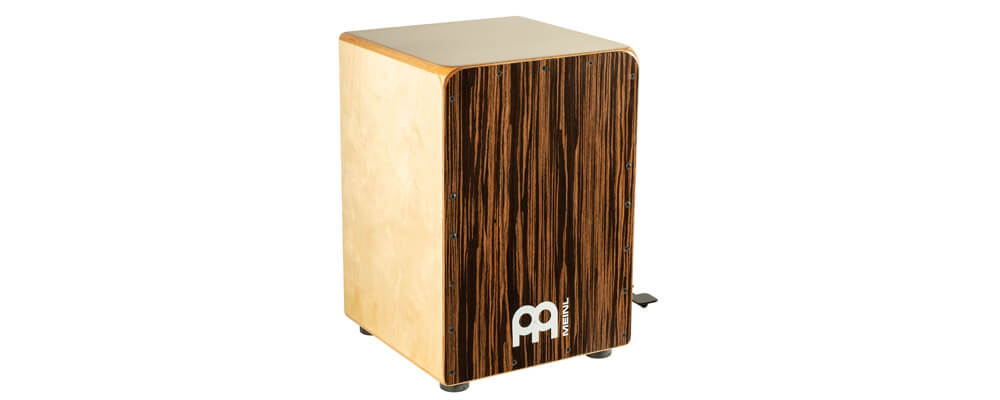
The OG. Originating in the tea plantations of Peru more than 200 years ago, the first cajons were probably shipping crates repurposed as drums by African slave musicians. The backs are usually made from hardwood which has a round soundhole cut out. The front, called a tapa, is made from laminated wood. The Peruvian variant produces a tight, dry sound. It does not have a snare.
String/Snare
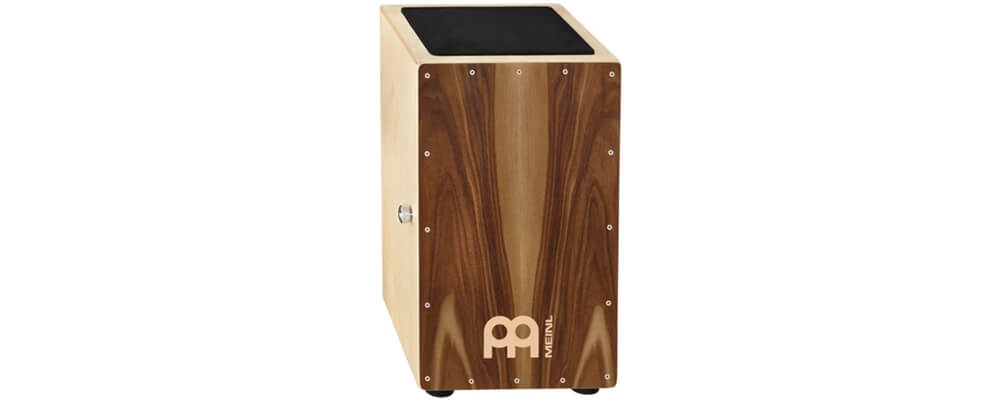
These cajons are equipped with snare wires or guitar strings against the back of the striking surface. They are perfect if you’re looking to recreate the kick and snare sound of a drumkit.
Cuban
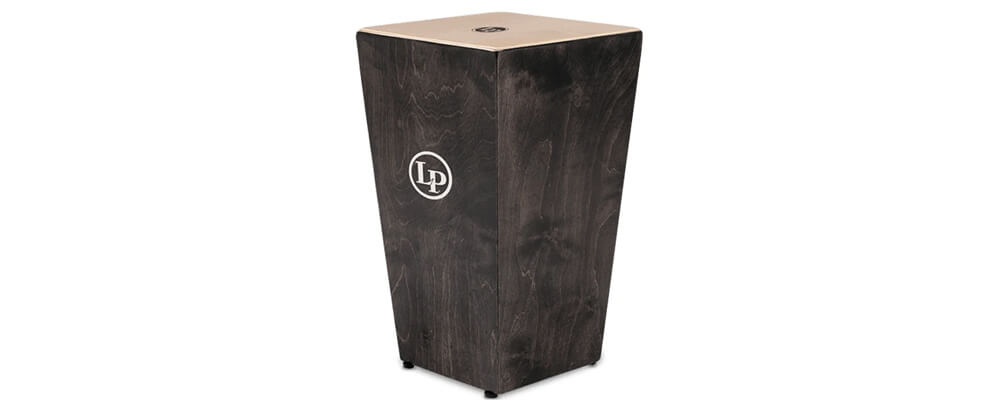
Usually made with five sides of wood, each side tapers downwards giving it a distinct shape. The Cuban variant is played like a conga, producing higher, bongo– or conga-like tones.
What will you be using a cajon for?
Naturally, your ideal cajon option lies in its purpose. You could be playing in an acoustic band, where good projection and resonance is needed. Or if you’re just jamming out with friends covering popular songs, you might want one with a snare.
Features
Modern ones have a whole host of features that allow for different sounds – even allowing for micro-adjustments which give you a wide range of tonal options. There’s something for everyone, whatever your skill level or budget.
Adjustable slap corners
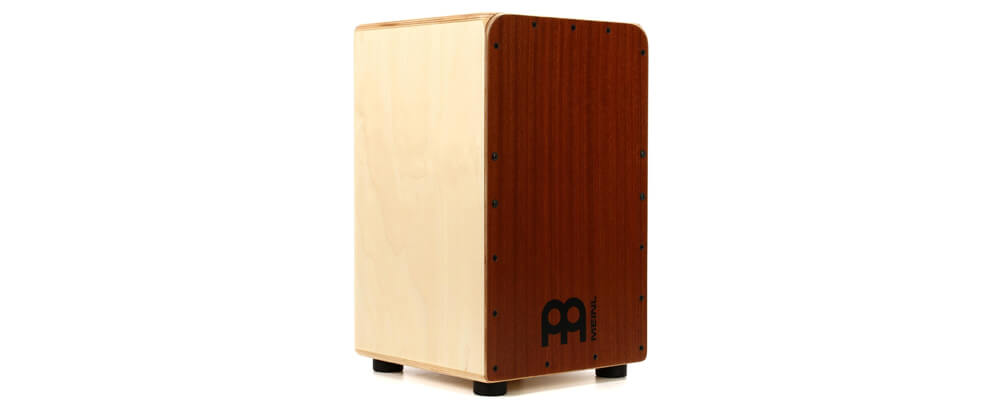
The tapa (main striking surface) is usually secured to the frame with screws. These screws aren’t just for structural reasons – they allow you to adjust the tapa’s slap corners. The looser the corner screws are, the more cracking, clicky attack sound you can achieve when you hit it.
Bass ports
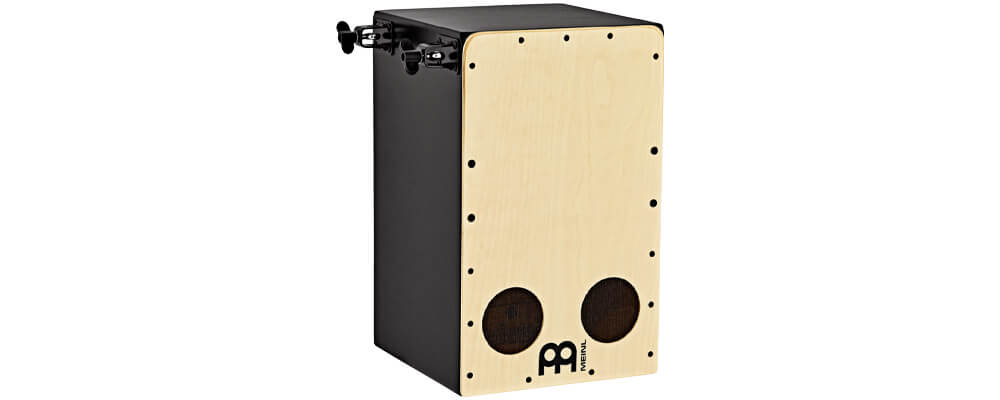
Subwoofer cajons, as their name suggests, have incredible bass projection. Instead of a rear-facing cutout, it features a forward projecting sound port.
Adjustable snare
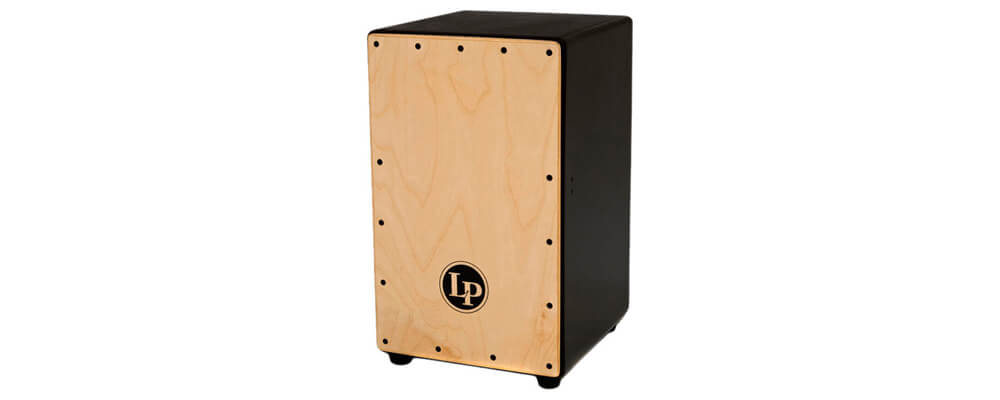
Some cajons give you the option of playing with the snares, or without (like a Peruvian version). A level outside the box allows you to adjust this on the fly. Some models have the ability to adjust the tension of the wires. The looser the wires, the more sustain and sizzle.
Internal microphone
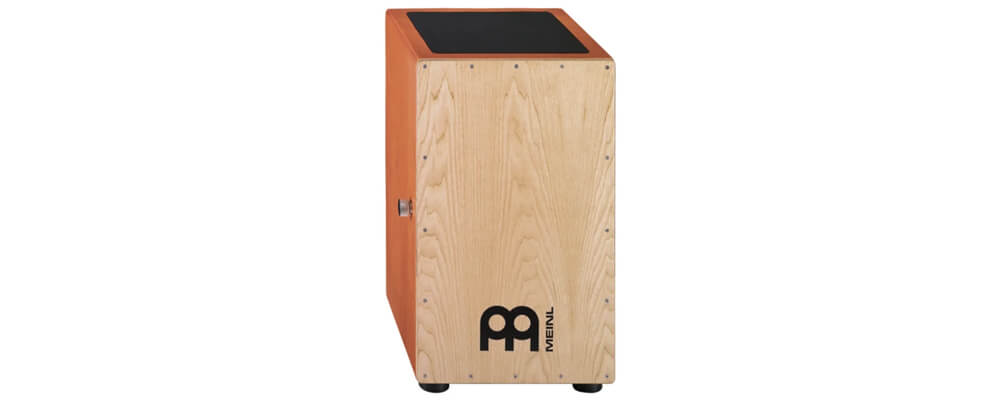
Like most other acoustic instruments, we always want the option of being able to amplify our sound. Look out for ones equipped with pickups or microphones if you see yourself playing larger, live performances.
That’s just about all you need to know to get started with the cajon – all you have to do is pick one that suits your style and just play! We’ve got a huge selection so be sure to check them out to find your very own dream percussion instrument.
Got any questions about cajons or percussion instruments? Send us a message or come see us at any of our Swee Lee stores and we’ll help sort you out!
Read more: Drum Tips: Buying Your First Drum Kit
